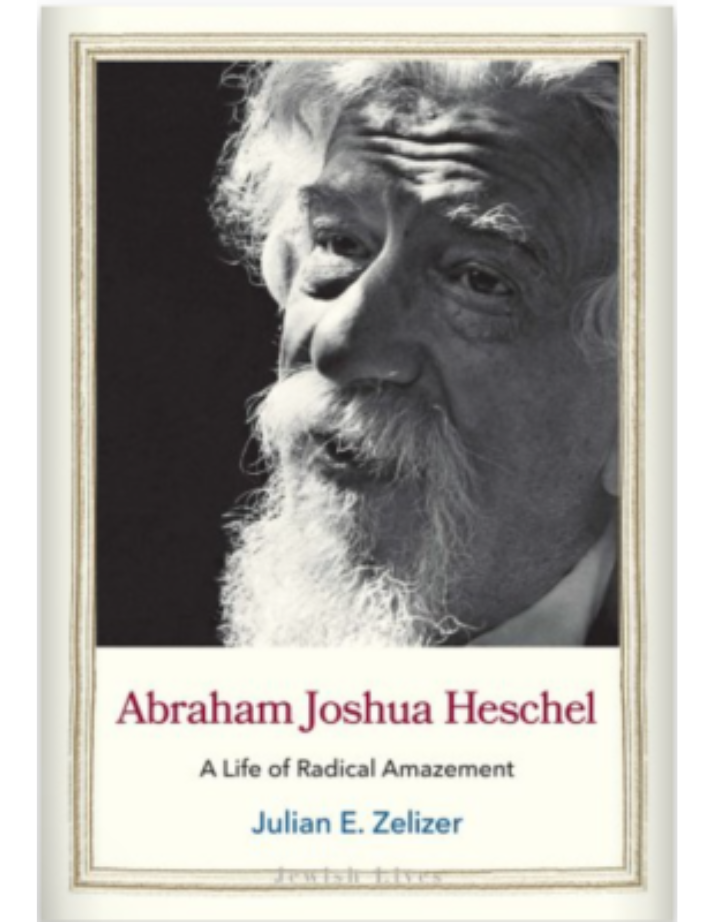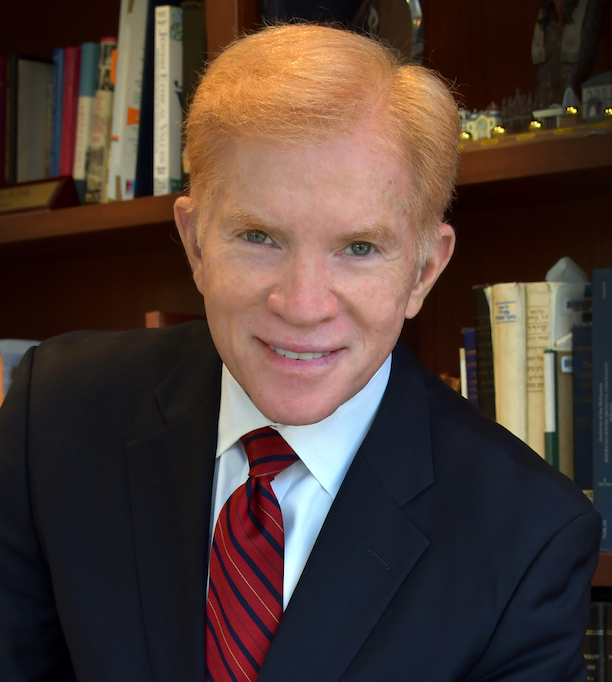The British historian Arnold J. Toynbee is a controversial figure when it comes to Jewish history; nevertheless, his famous theory that the rise and fall of every great civilization depends on the simple formula “Challenge and Response” is worthy of attention. According to Toynbee, the future of a civilization pivots on how it responds to unforeseen challenges–unanticipated, unexpected events that severely disrupt the status quo.
No sentient American can deny that our nation is presently confronting an array of daunting challenges. If Toynbee’s theory is valid, the rise and fall of the American nation will depend upon the way people respond to the avalanche of crises that are currently overwhelming us. There can be little doubt that one day future historians will assess the early decades of the 21st century as either the beginning of America’s decline or, hopefully, yet another example of American renewal and rebirth.
Those seeking inspiration and ageless wisdom in confronting the daunting array of challenges will benefit from reading Professor Julian E. Zelizer’s new biography, Abraham Joshua Heschel, A Life of Radical Amazement. Rabbi Heschel (1907–1972) was a towering Jewish scholar and philosopher of religion. Raised in Warsaw and descended from generations of Hasidic scholars, Heschel escaped the Nazis by coming to teach in the U.S. in 1939.
Today, Heschel is often mentioned in connection with his courageous contributions to the Civil Rights movement of the 1960s. Yet Professor Zelizer’s important volume reminds us that Heschel applied his philosophical sagacity to a wide range of throbbing societal issues that have not waned over the past half century. In fact, these same communal challenges continue to vex us today, just as they did sixty years ago. Zelizer, the son and grandson of rabbis who studied with Heschel, explained that he wrote this new biography to highlight Heschel’s contemporary relevance: “The conservative ascendancy, the all-consuming politics of Israel, and the convenience of contemporary life threaten Heschel’s Jewish legacy, making his story more pertinent than ever before.”
Human civilization in our own time is still struggling with the same array of challenging issues that concerned Heschel. We still face environmental decay, nuclear sword-rattling, government corruption, conspiratorial antisemitism, societal injustice, economic inequity, moral complicity, inveterate prejudice, and the list goes on. Yet Heschel famously taught, “In a free society, some are guilty and all are responsible.”
Julian Zelizer’s new biography on Heschel exposes readers anew to the inspiring teachings of a modern-day religious philosopher who earnestly believed that “civilized society depends upon man’s sense for the sacredness of life, upon his reverence for this spark of light in the darkness of selfishness; that once we permit this spark to be quenched, the darkness falls upon us like thunder.” Here readers will find insightful nourishment that can strengthen our resolve to respond to the challenges we face as we work to repair a very broken world.
Gary Phillip Zola is the Edward M. Ackerman Family Distinguished Professor of the American Jewish Experience at Hebrew Union College-Jewish Institute of Religion and the Executive Director of the Jacob Rader Marcus Center of the American Jewish Archives.


